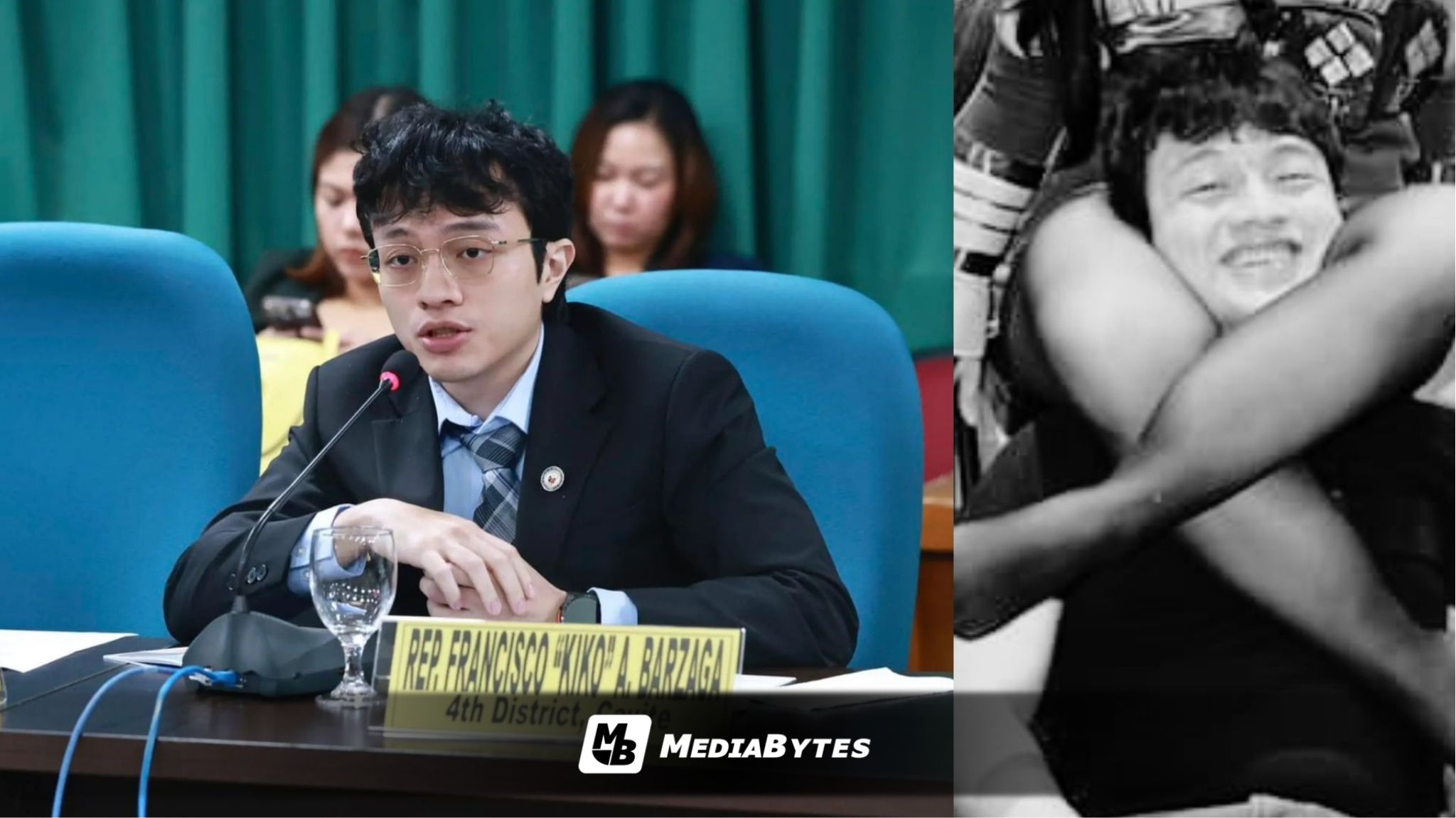The Philippine cosplay community has unexpectedly been dragged into the national conversation after Cavite 4th District Representative Francisco “Kiko” Barzaga, Jr. came under investigation by the House Committee on Ethics and Privileges. Known not only as an animal welfare advocate but also as a self-proclaimed “man of culture” and anime enthusiast, Barzaga has long embraced cosplay and Japanese pop culture as part of his public persona.
Controversial Posts Cited in Congress
Deputy Speaker and NUP Chairman Ronaldo “Ronnie” Puno recently presented a set of Barzaga’s social media posts to the Ethics Committee. Among the posts were photos of women in cosplay and other pop-culture outfits, shown in poses described as lewd or sexually suggestive. These images, once circulated casually online, are now part of a formal complaint, with the Philippine Commission on Women (PCW) condemning the content as degrading to women.
What has alarmed some cosplayers is that these images, originally shared in fandom spaces, are now being scrutinized in a highly political context without the consent of those involved. For a community that thrives on creativity, performance, and mutual respect, seeing cosplay photos reframed as evidence in an ethics investigation has raised questions about privacy, consent, and the dangers of stereotyping cosplay as inherently indecent.
Beyond the Fandom: Political Fallout
The controversy does not end with cosplay-related posts. Barzaga also faces allegations of inciting sedition with remarks about the House of Representatives, as well as escalating disputes over alleged misuse of flood control funds under Speaker Martin Romualdez’s watch. These larger political battles, however, have amplified the visibility of his cosplay-related content, placing the community in headlines it never expected.
Cosplay in the Crossfire
For years, cosplay in the Philippines has been a safe space for fans to express their creativity, celebrate pop culture, and build community. Barzaga’s posts, and their use in a congressional inquiry, risk reinforcing outdated stereotypes that cosplay is lewd or inappropriate, rather than an art form and cultural activity. Many in the community are concerned that their images are being used without context or permission, potentially fueling stigma rather than appreciation.
Moving Forward
As the House Ethics Committee proceeds, the cosplay community continues to stress the importance of respect, consent, and proper representation. Whether or not Barzaga faces disciplinary action, the episode has already highlighted the need to protect fandom spaces from being politicized and misrepresented.
For cosplayers and fans, the message is clear: cosplay is a form of cultural expression, not a political tool—and the community deserves the same respect as any other cultural movement in the country.
COSPLAY COMMUNITY DRAWN INTO SPOTLIGHT AS CONGRESSMAN KIKO BARZAGA FACES ETHICS COMPLAINT



